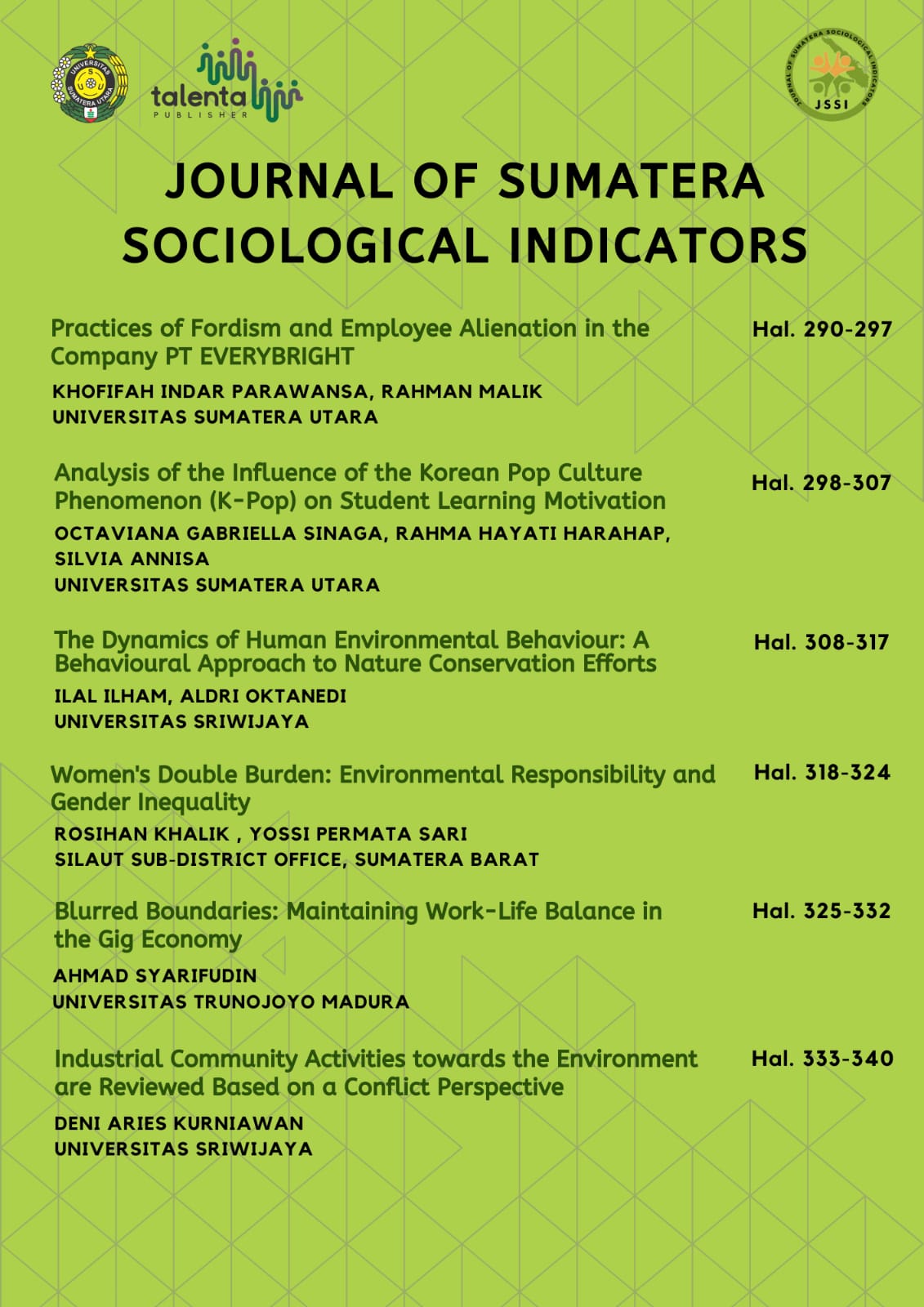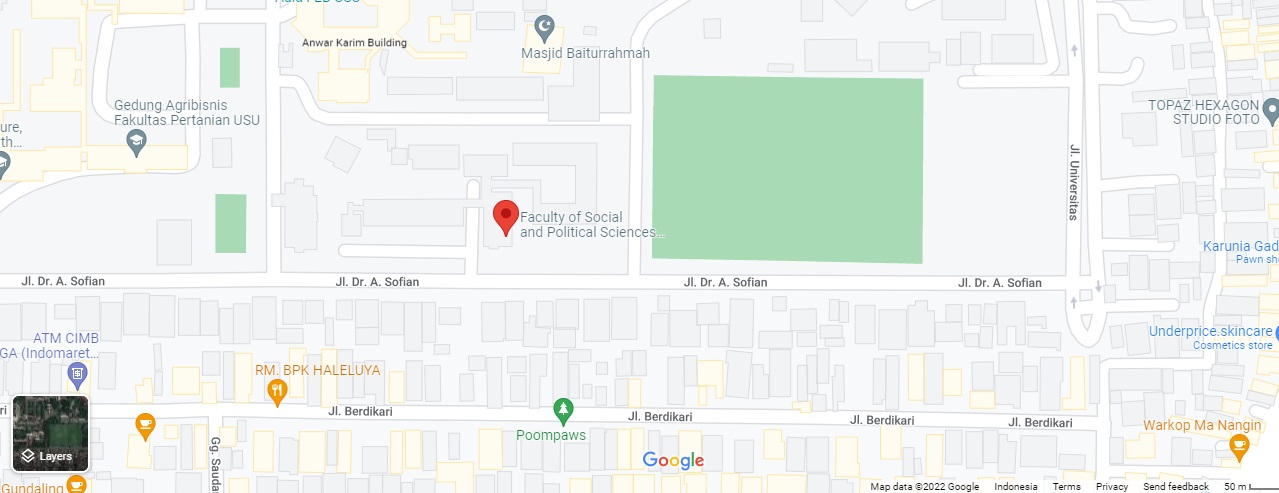Analysis of the Influence of the Korean Pop Culture Phenomenon (K-Pop) on Student Learning Motivation
DOI:
https://doi.org/10.32734/jssi.v3i2.18642Keywords:
Phenomenon,, K-Pop Culture, Motivation, LearningAbstract
The phenomenon of Korean Popular Culture or Korean Pop (K-Pop) has become a hot topic in recent years, including in Indonesia. This culture, originating from South Korea, encompasses various aspects such as music, dance with unique choreography performed by girl groups and boy groups, as well as dramas that have become widely popular. K-Pop culture has gained widespread appeal across all demographics, including children, teenagers, adults, and especially university students. Based on this phenomenon, the researcher conducted a study aimed at exploring the correlation between the K-Pop cultural phenomenon and learning motivation among university students. The research employed a quantitative approach, supported by primary data collection through the distribution of questionnaires to 18 respondents. The results of the study indicated that K-Pop culture positively impacts students' learning motivation. Some of the reasons cited for this positive influence include K-Pop's ability to enhance students' moods while studying, serve as a form of self-reward, provide unique motivation, and inspire students to pursue further education or work in South Korea. However, the study also revealed that K-Pop culture has negative effects on some students. Several respondents felt that K-Pop was a time-waster, as it led them to become too engrossed in watching K-Pop content, thus neglecting their academic priorities. This highlights that while K-Pop can be a source of motivation, excessive involvement in it may distract students from focusing on their studies.
Keyword: Phenomenon, K-Pop Culture, Motivation, Learning, University Students.
Downloads
Downloads
Published
Issue
Section
License
Copyright (c) 2024 Journal of Sumatera Sociological Indicators

This work is licensed under a Creative Commons Attribution-ShareAlike 4.0 International License.












